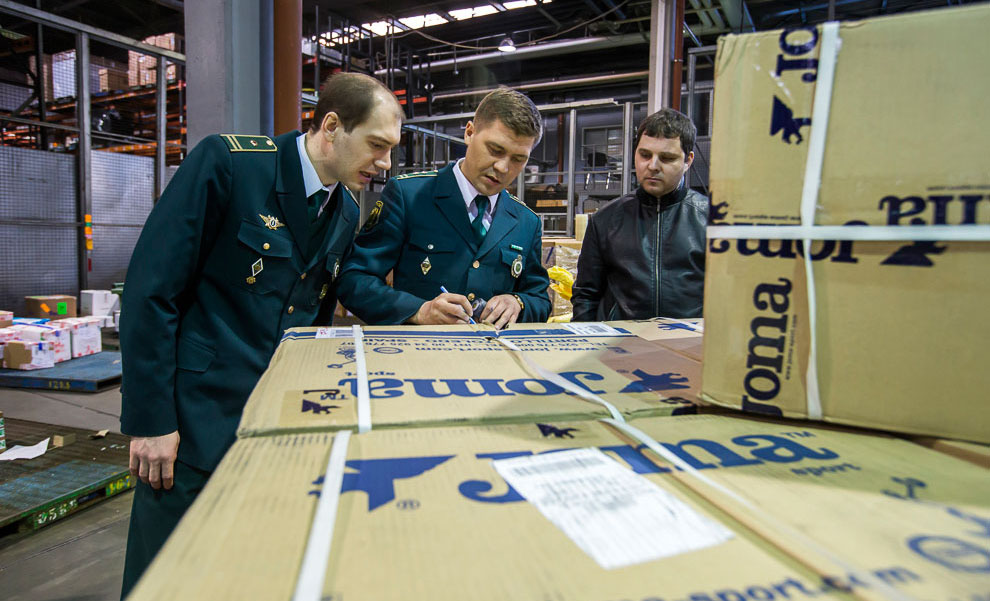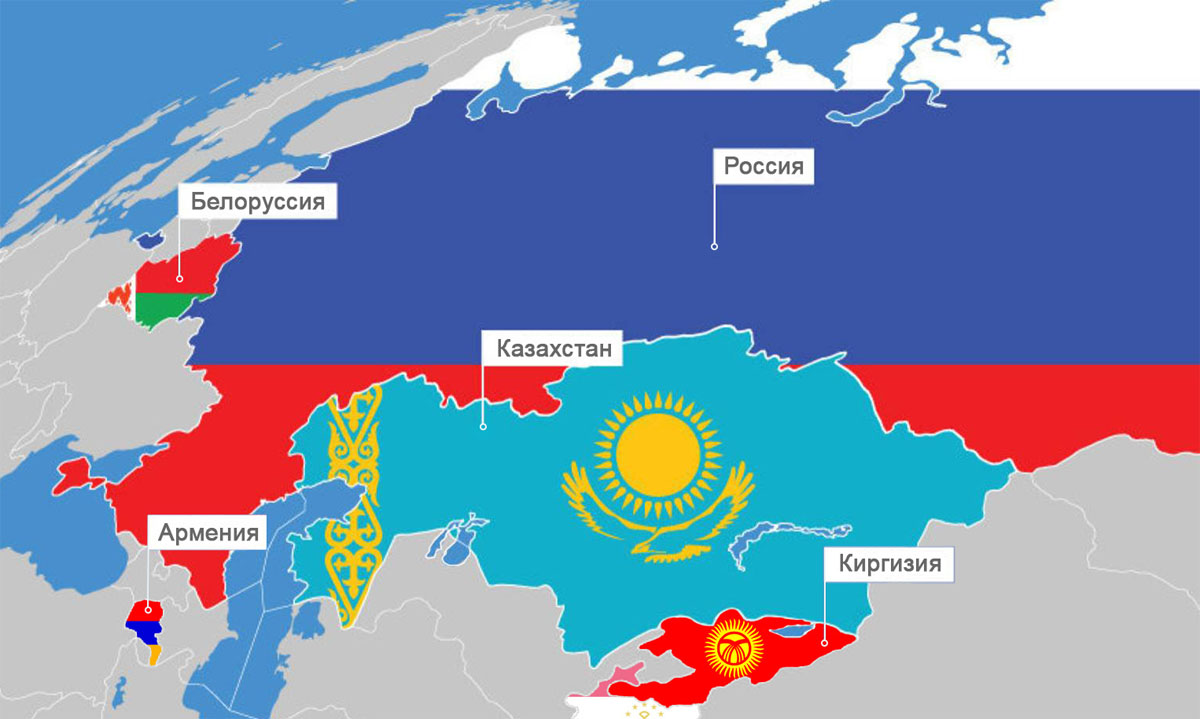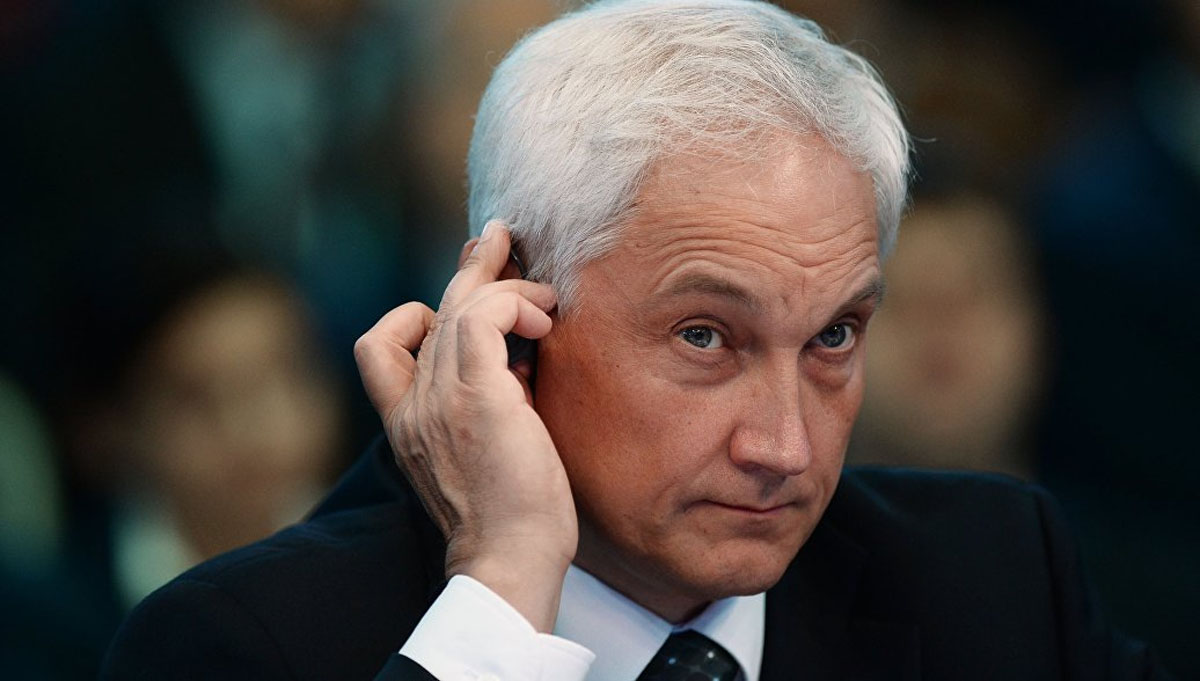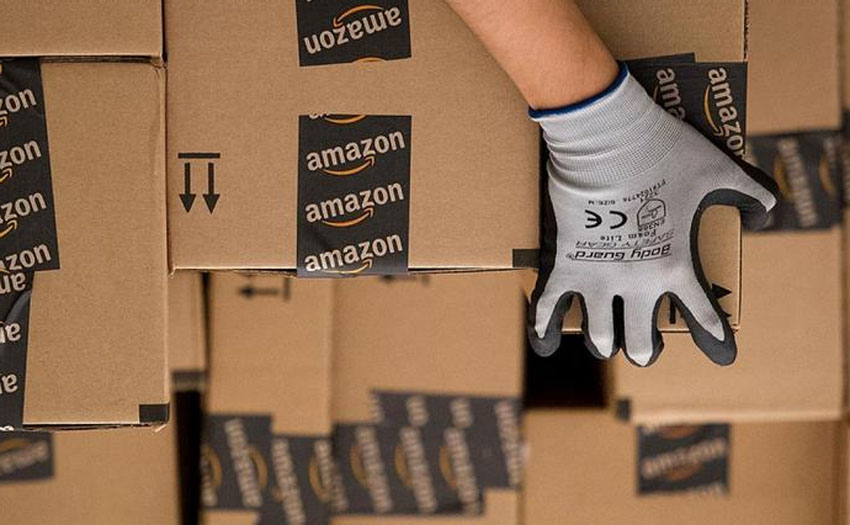Than the new year threatens us. Chronology of the brave struggle of the government and the Federal Customs Service with foreign online purchases

Who will remember the year 2017, and in Pochtoy.com it will be forever connected with strange solutions in the field of online shopping. Every couple of months a new law was issued, to which we were forced to adapt. Starting from the restriction of the VPN and ending with a tax on all imported electronics, the brave fighters and prohibitors without a respite issued new and new laws, forcing us to adapt to the run. We decided to look at the most resonant ideas from the recent past and give our forecast for the future.
Where roots grow
In fact, it was possible to notice the negative attitude of the state to foreign online purchases back in 2010, when the mandatory notification of the FSB was introduced to electronics - laptops, smartphones and other gadgets. The official reason is “these devices may threaten national security.” Like, with their help, you can eavesdrop and transmit data, which means that their import must be complicated. In 2012, the ACIT organization was formed, consisting of the 37 largest Russian online stores and lobbying their interests in the government. Blue dream - to make sure that the Russians could buy things only inside the country, and the Russian sites would not have to fight with foreign stores, where prices are much lower.
But the real attack on Internet commerce began in 2016. Russian online stores began to go bankrupt and shut down under the pressure of foreign competitors: users voted with their wallet. Even large networks were under threat; Aliexpress, Amazon, eBay and other sites began to take away their revenue. ACIT moved to action, issuing a proposal for a proposal to the parliament and local officials. Her ideas found a response: according to officials' estimates, because of the rampant foreign online purchases by the Russian budget, now every year passes over $ 400 million, and such a thing, of course, must be stopped.
October 2016. Reduce purchases to 22 euros!
According to ACIT, in 2016, Russians spent 143.1 billion rubles on online purchases abroad (+ 37% compared to 2015). The number of shipments amounted to 103 million (+ 102%). The organization noted that most of it comes from cheap purchases of up to 22 euros: 64%. Therefore, the idea to reduce the threshold from 1000 euros to 22 euros, as in Belarus! And within one month! And why not, most of the buyers will not notice anyway ?!
Officially, the proposal put forward by the deputy head of the FCS Ruslan Davydov - the Ministry of Economic Development. The letter of the customs officer contained the following rationale:
Goods purchased in foreign online stores should be considered as goods imported in trade. These products should not be treated as personal items.
Opponents of the adoption of the law indicated that lowering the limit would kill the competition, allow Russian dealers from AKIT to set their own prices, and increase the average cost of goods for buyers by 15.2%.
Who suggested: the Federal Customs Service (FCS).
Has it come true: no . The Ministry of Economic Development did not accept the proposal.
November 2016. Enter VAT
On November 5, Vladimir Putin formed several instructions to the government. Among them - "to consider the question of imposing purchases from foreign online stores, VAT and tax duties." The point is to force the stores themselves to pay, make them tax residents, and eventually equalize their prices with all-Russian ones. Parcels from all sites that agree to this will fall into the "green corridor". Shops pay 18% VAT and other fees to the budget of the Russian Federation, and in return their goods are delivered without problems. Those who refuse to pay to the treasury, fall into the "red corridor", and all fees are borne by the buyer. And, of course, delivery services and meyfolwarders, such as Pochtoy.com , are too busy at customs.
Most of the online purchases (about 90%) are in several of the largest stores: Aliexpress, Amazon, eBay, Walmart, HM. For them, the conclusion of the contract will not be a big problem. But they will not give up their already small margin. And, then, the extra 18% of the Russian budget will have to be paid by the Russian citizens themselves.
Of the large companies, oddly enough, the “Russian Post” has become the only opponent to introduce the law. Foreign purchases of Russians for her in recent years have become an important part of the business. In 2016, the number of international shipments from the PR increased by 2 times compared with 2015, and the company even began to show a profit.
Who suggested: Putin.
Has it come true: partially . See next item.
December 2016. Cut back to € 200 by 2019. And punish overseas stores
Exactly one month after Putin’s order, purchases were restricted by the Eurasian Economic Commission (EEC), which controls the financial activities of the EAEU, the union of Russia, Kazakhstan, Belarus and other countries. The law comes into force in mid-2018. If a person buys more than € 500 per month, he will have to pay 30% of the amount “on top”. And in 2019, the limit will increase to € 200. The law was passed, and although this is not the kind of dragon offered by ACIT, it’s still not a good one: you can’t buy high-end gadgets for the proposed amount.

Approval of the decision by the EEU was previously hampered by the position of Kazakhstan. There it is allowed to import parcels up to € 1,500 without duties, and the country did not want to reduce it. However, the Russian lobbyists still “pushed” the necessary law, albeit under conditions of a gradual and not as radical reduction as they initially wanted.
And, of course, give me your finger - they will take a bite. Immediately after the news of the cuts in foreign online purchases passed without much excitement, people realized that this should not stop. I have not had time to cool the paint on the stamp of the EEC, as discussions began about what other restrictions can be introduced. The government, headed by Deputy Prime Minister Arkady Dvorkovich, put forward its proposal:
To create equal conditions for Russian and foreign players in the online trading market, it is necessary to force foreign players to pay VAT at the place of their profit.
Again, foreign stores are trying to force them to pay taxes to the Russian treasury. Or ban them away from the Russian market to make way for “their” online platforms, if possible.
Who suggested: Putin, the government, the EEU.
Has it come true: yes . But this is not the whole bad story.
July 2017. Tax on electronics
After a calm semester , another bortsun joined the battle - Andrei Belousov, Putin’s assistant on economic issues. His idea: to increase import duties on all electronics in order to “help the domestic producer”. Like, smartphones, laptops and all sorts of other gadgets in Russia do not produce something. Probably the reason is that foreign is too cheap! So the decision: to make everything that is imported is more expensive. First - 20-30 percent, and then, with time, it is possible two or three times, to be sure.

Andrey Belousov
Alexander Ivanov, Chairman of the National Association of Distance Trade, gave his comment on this new project:
What is silent about - the volume of the disaster. Online commerce is only 0.7% of retail sales in the country, this is zilch. We have only 1.7 online sales per capita. For you to understand - in China, 16 online sales per year. South Korea and Britain - 50. We really have no competition, nothing of that. Those who are in the know, and who have money - yes, they take from foreign sites. But this is a small proportion of buyers. And restrictions will affect everything, all goods ...
Who suggested: presidential aide Andrei Belousov.
Has it come true: not yet .
September 2017. Apogee
In early September, AKIT summed up the “disappointing” results for the first half of 2017:
- The number of incoming international parcels increased by 49%. In 2017, the Russians received 400 million foreign parcels.
- The volume of cross-border trade grew by 34%.
- In 2017, the share of foreign online commerce in Russia will be almost 40% (420 billion rubles).
And already September 29 is a new notice, the most sad for us. After all the gossip, the government decided to levy a duty on Russians when importing any goods more expensive than € 20 (instead of € 1000, as it is now). The new law actually wants to equalize Russia with Belarus, where the threshold for parcels from abroad is set at € 22. The draft law was approved by the government and sent to the State Duma. She was going to take it on October 27 in the first reading. As follows from the draft federal budget, the norm will come into effect on July 1, 2018.
In Belarus, a similar law was adopted in early 2016: the threshold was lowered there from € 200 to € 22. This resulted in a 37% drop in incoming shipments, and in six months the market has more than halved - from 1.67 million to 0.73 million shipments. It got to the point that local mail requires an increase in the limit to at least € 150. But they do not learn from the mistakes of the neighbor, they are repeated!
Then, in September, the government began to discuss another revolutionary idea. Brilliant in its simplicity. Leading Russian online stores offered to introduce so-called “Google tax” for their foreign competitors, including Aliexpress, Amazon and eBay. And if they refuse to pay it - block their sites through Roskomnadzor.
Who suggested: the government.
Has it come true: not yet .
December 2017. Customs is preparing
On December 7, the Russian customs (quite unexpectedly) changed the requirements for receiving parcels from foreign online stores. Now we have to deliver new data from users, in particular, the TIN and price confirmation of the goods. The reason is to help customs track down whether people are importing “too much” and not to start demanding payment of the duty from them. The new order will be tested throughout the country from December 7, 2017 to July 1, 2018. Passport data users, TIN, as well as information about the cost and weight of the goods they buy in euros and rubles will be stored in the database of the FCS.
In reality, we in Pochtoy.com just entered the "INN" field to fill in users, and nobody had any problems with customs (except for a small post collapse in Europe caused by weather conditions). Several hundred parcels had to be held in their warehouse in the US, while customers sent their personal data. No tragedy happened, but the example is indicative. Preparation for tightening the limits is in full swing.
A couple of good news
Nevertheless, we look to the future with optimism. Otherwise, what's the point of doing business? We know that buyers are on our side, and the number of clients has grown at a good pace over the past two years, despite the negative news background. Plus - as we see, the legislators themselves do not know what they want, and everything can change on any given day if someone gets up on the wrong foot in the morning.

And if you order yourself something abroad - here you have two good news from literally the last days. You can say, New Year's gift from us and from the government.
On December 13, 2017, the ECE removed the notification requirements. From January 1, 2018, all electronics for personal use — any smartphones, laptops, computers, smart watches, and so on — can be imported without worrying about what the FSB is thinking. In fact, our brokers say that the EEC decision will start working a little later, from January 13-15, but the news is still excellent. The lack of notification on the device was the number one reason why we were forced to refuse users to buy. Checking every unfamiliar gadget through the portal of the Unified Registry is still a pleasure.
On December 21, 2017, we found out that the wild restrictions proposed in September (about reducing the duty-free import to € 20) still do not pass. Instead, the ECE decided to lower the limit to € 200. Here, you can read more at the "News" . In fact, we were absolutely delighted with this news. Even the harsh men from a warehouse in the US almost believed in Santa. Not only is the limit cut ten times weaker (which means that we don’t have to close down the business), it’s also going to make the reduction very smooth. Instead of July-2018, for which we were preparing, the first limit to € 500 will come into effect in January-2019, half a year later. And up to € 200, the bar will fall on January 1, 2020. At least, such is the plan now.
It is only alarming that the decision of the Eurasian Economic Commission has the following line:
At the same time, countries can independently introduce additional restrictions that reduce import norms.
That is, Davydov, Dvorkovich, Belousov and AKIT still have leverage in their hands. But if they leave the online purchases alone, we could put up with € 200. Moreover, the decision assumes that the limit on the number of parcels per month will be removed. Of course, tenth iPhones, powerful laptops and cool quadcopters cannot be ordered abroad, but we work on the number of parcels, not on their price, and most often we take American clothes, brand shoes and toys through us. Most of the purchases going through Pochtoy.com , are now invested in the limit (but in € 20 - not invested at all). We think that other delivery services have a similar situation.
However, after all those throwings that we watched over the past two years, the likelihood that this topic will be left alone is assessed as low.
PS
Another New Year's gift is a discount on the delivery to all readers of GT. If you register and enter a promotional code Geektimes, $ 7 is automatically credited to the balance. And the cheapest delivery from the USA (for weight up to 0.5 kg) costs $ 8.99. This is with the flight across the Atlantic. Until the valve is shut off, some people with us weekly order a pair of socks and T-shirts for themselves in America. They say it is more profitable than going to the store around the corner (we are a bit shocked by this).
All Articles